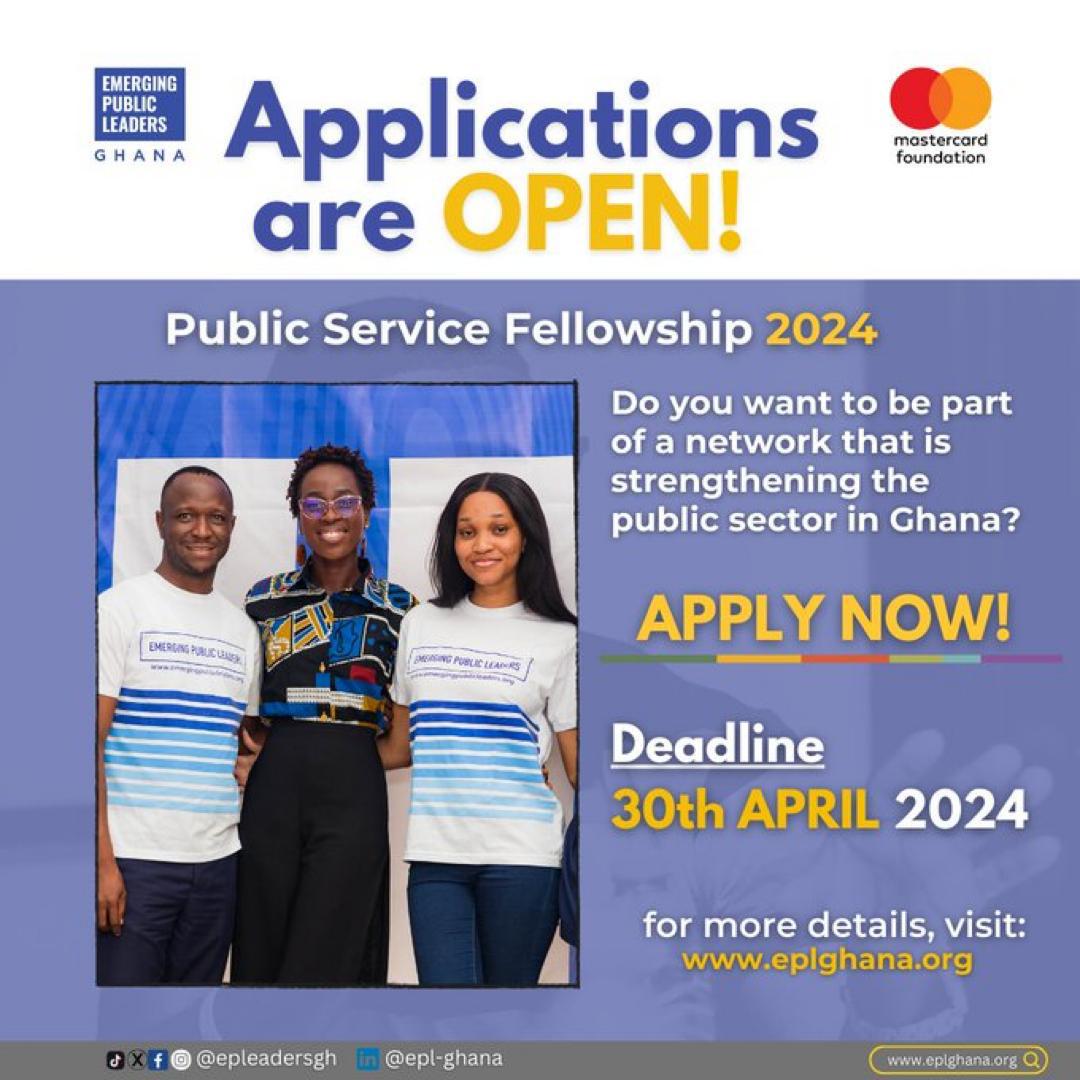
March 10, 2020//-Climate finance, properly directed, not only mitigates the effects of global climate change, but also plays a significant part in economic and social development, as the example of Gazi in Kenya shows.
But, as Wanjohi Kabukuru argues, the richer nations are still not paying their fair share of the climate bill
Fifty-five kilometres south of Kenya’s coastal capital of Mombasa is Gazi village, a small rural community snoozing in the Chale Peninsula, deriving its name from Gazi Bay.
Gazi Bay is a major fish-landing site in the eastern seaboard of Africa, where the ecosystem and monsoon tides favour a rich marine life. However, Gazi is better known globally for its mangrove biodiversity more than for its fish or tourist appeal.
Conserving biodiversity, improving community livelihoods and combating climate change are the hallmarks of this rural parish, a world leader with its pioneering, community-led approach to mangrove conservation.
“When you talk about mangrove conservation in Africa, Gazi Bay stands out,” says Josphat Mwamba, the programme manager. “The Mikoko Pamoja [Swahili for ‘mangroves together’] initiative is the world’s first project to fund mangrove conservation through the sale of carbon credits.”
The proceeds from Mikoko Pamoja’s conservation work are ploughed back to benefit the entire Gazi community of about 10,000 residents.
Clean piped water, electricity, refurbishment of schools, provision of books and materials and support for youth and women groups, all benefit directly from the income generated from the carbon funds that the community receives courtesy of protecting mangrove forests.
Carbon credits
The community conserves and protects 107ha of mangrove forests and a further 10ha of replanted mangroves in Gazi Bay. “Since 2013 and for the next 20 years, we have committed ourselves as a community to set up a major carbon sink which we will achieve through new planting, curbing deforestation, and preventing further mangrove forest degradation,” says Ali Shufa, a community member of the Mikoko Pamoja project.
In 2017, this innovative community-led initiative to combat climate change won the Equator Initiative Prize, presented at the UN headquarters in New York
Since 2013, Gazi has been receiving $12,000 per year from the sale of carbon credits. So far Gazi has used its carbon funds to provide piped water to all villagers in Gazi and the neighbouring Makongeni village as well as boosting education in local schools.
Mwaba says: “Marine ecosystems can absorb 10 times what terrestrial ecosystems can in terms of carbon sequestration. Mangroves alone can absorb five times more than any terrestrial forest.”
Gazi is fully recognised under the UN’s Reduced Emissions from Deforestation and Degradation (REDD+) project. The $291m REDD+ initiative seeks to give developing countries a financial incentive to protect their forests and lower their greenhouse gas (GHG) emissions. Previously mangroves did not feature in the REDD+ discussions as there was what was described as a “lack of carbon accounting methodologies”.
The Gazi Project qualified for the Plan Vivo certification as it falls within the ideals of the Plan Vivo Foundation – a charity that certifies the veracity of carbon offsets and delivery targets. This includes long-term carbon capture. Under Plan Vivo, projects need to adhere to the best practices of forest conservation, afforestation, avoided deforestation and community participation.
Though modest, the carbon cash has helped propel the Gazi community to newer heights and demonstrates how climate financing is supporting communities to adapt, mitigate climate change effects and achieve sustainable development.
Haggling over climate finance
However, the success of projects like Gazi mask the serious, emotional and divisive haggling that takes place over billions of dollars under the title ‘climate finance’.
While the reduction of carbon emissions forms the key plank in the negotiations processes, the fine print of the climate change parley is climate finance for adaptation and mitigation pitting the rich developed nations on one side and the emerging economies, together with the developing countries, on the other side.
The UN’s Framework Convention on Climate Change (UNFCCC), which entered into force in 1994, steers the global climate dialogue and defines climate finance as “local, national or transnational financing and drawn from public, private and alternative sources of financing that seeks to support mitigation and adaptation actions that will address climate change”.
While civility and mutual respect reigns supreme in the negotiations, there is a sharp divide between the developed rich nations and the developing ones which has significantly inspired the emergence of new blocs and redefined global diplomacy.
Confronting similar challenges and in pursuit of common interests various blocs have sprung up shaped by climate change. These include the Alliance of Small Island States (AOSIS) consisting of low-lying coastal and island nations facing similar environmental vulnerabilities.
The major oil-producing states such as Saudi Arabia and Venezuela have coalesced under the banner, Like-Minded Developing Countries and the influential, newly industrialised states of Brazil, South Africa, India and China (BASIC) is another alliance formed by economic interests and common ecological challenges. Then there is the African Group and the Least Developed Countries Group, for both of which financial support remains a key priority, as their emissions are negligible.
“Mistrust among parties is the major factor bringing out disagreements in climate financing,” says Dr Sam Ogallah, the Senior Climate Specialist for Africa, with the Solidaridad Network. “It also includes lack of transparency as well as well as the problem of double counting of the so-called climate financial resources provided and received by developed and developing countries respectively.”
Emotive issue
Will the same trend of downplaying climate financing for the developing nations experienced in the past continue to play out?
“Financing climate change remains the most emotive feature in the international climate negotiations process,” says Mithika Mwenda, who heads the umbrella civil society lobby, the Pan African Climate Justice Alliance (PACJA), headquartered in Nairobi, Kenya.
“While all agree that trillions of dollars are required to address climate change, little finance has been raised to match the urgency of climate crisis. As climate change takes centre stage in global diplomatic, political and economic interactions, it is becoming exceedingly clear that those who bear the highest responsibility to address it, the rich countries responsible for climate crisis, have incrementally transferred the burden of climate action to the victims of their actions,” he argues.
UNFCCC, the Kyoto Protocol and the Paris Agreement, which are the three main global pacts shepherding efforts to address climate change, all call for financial assistance from countries with more financial resources to be given to those that are vulnerable and less endowed.
To this end a financial mechanism entrusted to the Global Environment Facility (GEF) under the convention was established to provide funds to developing nations. GEF, which was set up by the World Bank on the eve of the Rio Summit in 1992 says that for the last 25 years it has “provided $18.1bn in grants and mobilised an additional $94.2bn in co-financing for more than 4,500 projects in 170 countries.”
Africa must no longer be short-changed
Additionally, other special climate funds have been established. “There are many global funds and very difficult to know which ones to choose,” says Bangladeshi climate scientist Dr Saleemul Huq, who is the director of the International Centre for Climate Change and Development (ICCCD) says. “Each has its own ways of working and getting access.”
Data availed from Climate Policy Initiative indicates that climate-related financial flows into Africa have risen since 2000 to a current level in excess of $15bn/year. In the same vein, the pledge by developed nations to channel some $10.3bn to fund the Green Climate Fund (GCF) is yet to be fulfilled as only $5.2bn has been disbursed to the fund. As of mid-2019, GCF was supporting some 111 projects worldwide and African countries had only received $2.3bn from the GCF. The G7 group meeting in France in late September pledged some $6bn of funding to the GCF.
The African Development Bank (AfDB), which is a key climate finance champion, has declared that from 2020, it shall increase funding for climate adaptation and mitigation projects across the continent.
The president of the continental lender, Akinwumi Adesina has stated: “Africa’s financial actors need to work together creatively to mobilise global financial resources at a scale that can support local innovation and that drives climate-resilient and low carbon development on the continent. Having been short-changed by climate change, Africa must not be short-changed by climate finance.”










